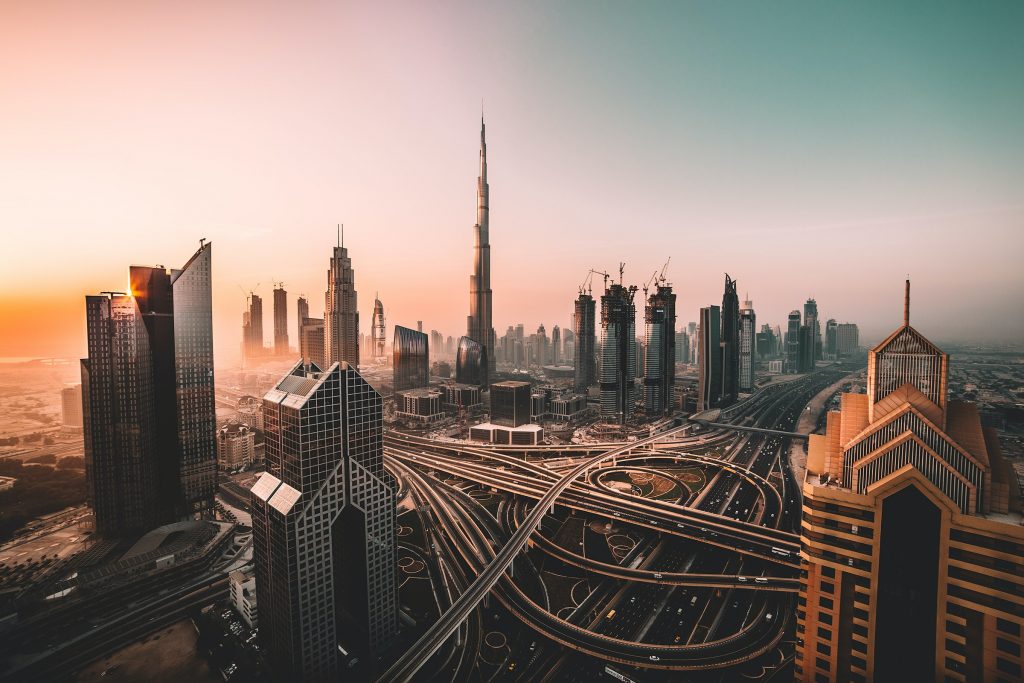
Excess Capitalism Is Destroying Our Chances at a Sustainable Future. Here’s Why:
Article by David Altmark
Photo by David Rodrigo on Unsplash
We are killing the planet extremely quickly by using too much of harmful and unsustainable energy sources. We are on no track to be able to stop this before it gets to a point where we can no longer reverse the effects to even a sustainable level. NOAA Administrator Rick Spinrad, PhD stated that us “humans are altering our climate in ways that our economy and our infrastructure must adapt to,” [6]. The unfortunate reality is that we have been unable for hundreds of years to even come remotely close to making meaningful bounds towards total sustainability. With our carbon dioxide levels now 50% higher than before the pre-industrial revolution levels it makes it seem like we could already be on an irreversible path towards mass climate change.
Excess capitalism is typically associated with capitalism that has failed to be regulated in a way that allows businesses and governments to effectively do as they please with no immediate repercussions. This type of capitalism in the short term prioritizes immediate profit opportunities without keeping in mind any sense of long-term sustainability. Klein offers insights into how the economic system needs to make drastic changes at its roots to stand a chance to fix or aid environmental concerns [3]. Another issue with the combat of excess capitalism lies within getting all governments to agree that this is an issue of how we as humans behave and how to us it is more of a lifestyle choice [3]. This is mainly focusing on the rich north which has produced the lion’s share of pollution, yet the problem still lies within all governments. An example of this excess capitalism in the real world would be the city of Dubai in the United Arab Emirates. As Davis and Monk point out, Dubai is marketed as a place that has been an up-and-coming supercity in the desert for a long while now [2]. The city is highlighted by the “7-star hotel” and the world’s tallest building which by definition is more than every other one. As Urry states, “(Dubai) is a place of monumental excess where the goal is to be number 1 in the world,” [1]. It only achieves this through unnecessary architectural gigantism with more and more skyscrapers going up by the day. While this desert city was originally thought to have rivalled the other uber-capitalistic city in the desert by the name of Las Vegas, it has far surpassed the scale and excess that Las Vegas once had.
This brings me to my next point regarding excess energy and wasteful consumption. Excess energy was originally coined by Georges Bataille in 1991 and it refers to excess production and consumption left over when completing certain tasks, goals, or projects [4]. Now it is great to finish a project with less energy than had originally quoted or expected, but when this excess energy is used in ways that don’t benefit other people on the planet or a better long-term good, it raises eyebrows as to what it is being used for. Such as Dubai for example, who for no need did they have to build the world’s tallest building, or the most lavish hotel known to man, but they still decided to use scarce resources to build them. Those are also examples of wasteful expenditures and consumption where humans are engaging in activities or projects that not only harm the environment but strip the land of non-sustaining resources. This is brought up by Veblen back in 1900 regarding how there are whole cities and even regions that engage in this practice due to human nature and our everyday activities.
Overall, there are plenty of reasons as to why climate change is still an ongoing problem but excess capitalism is one that could be stopped very easily. If we just stop building super cities where the main aim is to compete with one another we may be able to see some progress if we put our resources into a more pressing issue, like sustainability for example. It can just be the small things that can allow us to make small steps forward in the battle of climate change and sustainability.
Footnote:
1. Urry (2010): https://onlinelibrary.wiley.com/doi/full/10.1111/j.1467-954X.2010.01887.x
2. Davis and Monk (2006): https://books.google.co.uk/books?hl=en&lr=&id=WlSBoDFWbVwC&oi=fnd&pg=PT9&ots=PPHdHA6DR0&sig=dO9fQLDXU_AJ2MbGdEhhSDKBYU0&redir_esc=y#v=onepage&q=fear%20and%20money&f=false
3. Klein (2014): https://ia804509.us.archive.org/30/items/pdfy-Skb-ch_k7psDm90Q/Naomi%20Klein%20-%20This%20Changes%20Everything.pdf
4. Bataille (1991): https://oliveribanks.com/wp-content/uploads/2021/10/The-Accursed-Share-Volume-1-Consumption-by-Georges-Bataille-Robert-Hurley-z-lib.org_.pdf
5. Veblen (1900): https://elischolar.library.yale.edu/cgi/viewcontent.cgi?article=2261&context=ypfs-documents
6. NOAA (2022): https://www.noaa.gov/news-release/carbon-dioxide-now-more-than-50-higher-than-pre-industrial-levels

0 Comments